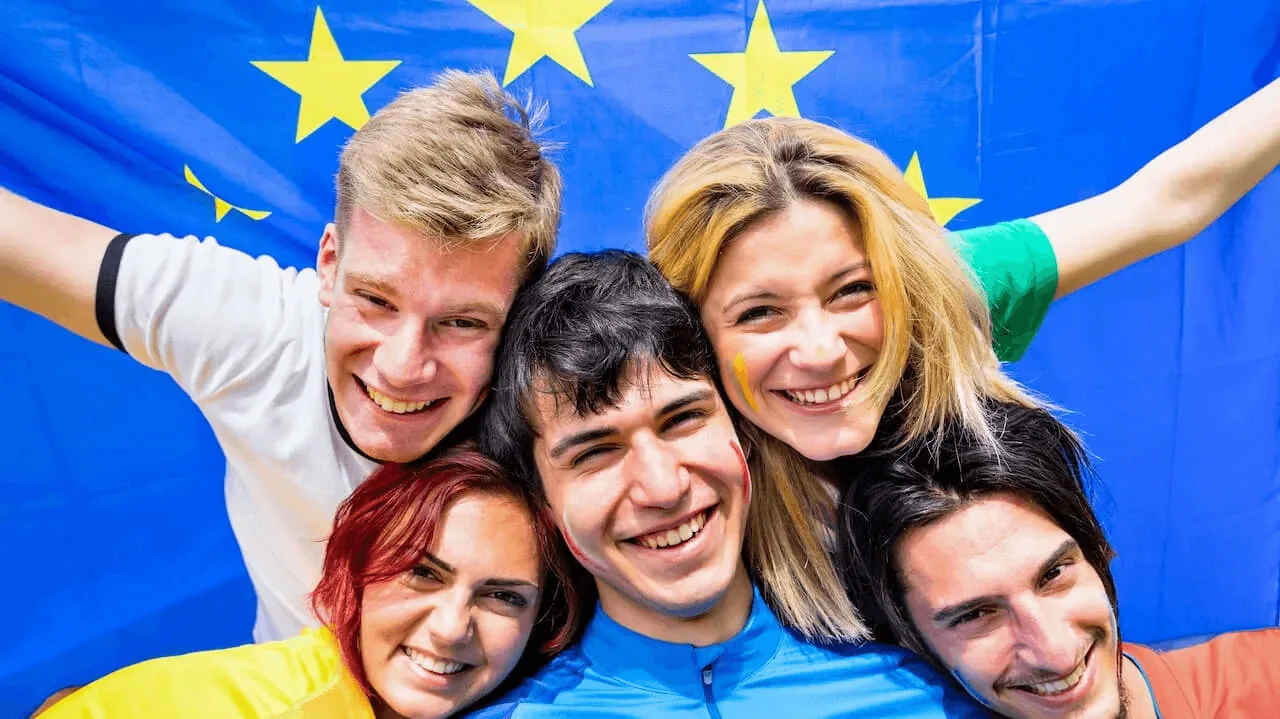On the Internet, the question of authenticity never ceases to arise. From dating sites to co-opted communities, new verification methods are multiplying to eradicate fake profiles and combat the abuses of online anonymity. From video selfies to sponsorship schemes, there are plenty of ways to prove you’re real.
The French debate on anonymity on the Internet
In French, for example, the idea of allowing social networks to ask their users to provide proof of identity has been backed by the French Minister Delegate for Digital Affairs, Jean-Noël Barrot. This would allow individuals to choose to communicate only with other certified users, in complete confidence.
In recent years, many dating sites have voluntarily introduced photo verification tools. Users can now restrict their searches to verified profiles only, encouraging the adoption of these mechanisms.
Bumble, one of the world’s most popular dating apps, asks users to take a selfie imitating one of a hundred random poses provided. This selfie is then compared with the photos they have posted, to ensure that it is the right person in the photos.
Happn, another dating app, is also among the top ten worldwide, and has been developing video certification of profile photos for the past two years. When a user posts a photo, they have the option of making a video. A system validated by the French Data Protection Authority (Commission nationale de l’informatique et des libertés – CNIL) enables biometric verification that the person is real.
Tinder, one of the brands of the global giant Match Group, also introduced a similar system in April. Users can choose to see only certified profiles, and even ask their correspondent to check his or her own profile before chatting.
The Match Group is even considering the possibility of verifying users’ identity on the basis of official documents (identity card, for example), although the date of implementation of this option has not yet been announced.
How artificial intelligence can improve navigation
Artificial intelligence also has a role to play in detecting inappropriate behavior and automated spam. Like Happn, which is developing a tool to identify individuals who overreact to a profile, which is a sign of non-human behavior.
Some sites adopt more traditional approaches to combat fake profiles. For example, Gens de Confiance, a referral platform in the rental sector, is based on the principle of co-optation. Users must obtain several referrals from members to be accepted into the community, with the idea that these people know each other in real life, which is the best guarantee of trust. Sponsors are held responsible for any misbehavior by their godchildren.
Similarly, sites where users rate each other, such as BlaBlaCar or Airbnb, create a reputation based on co-optation, although this does not certify that the profiles are genuine. This reputation is designed to eliminate usurpers.
So it looks as if we’re heading for a system where certified and non-certified profiles will coexist, a concept similar to what happens on social networks. This development bears witness to the growing importance of guaranteeing user authenticity and restoring trust on the Internet, a challenge that continues to grow.








